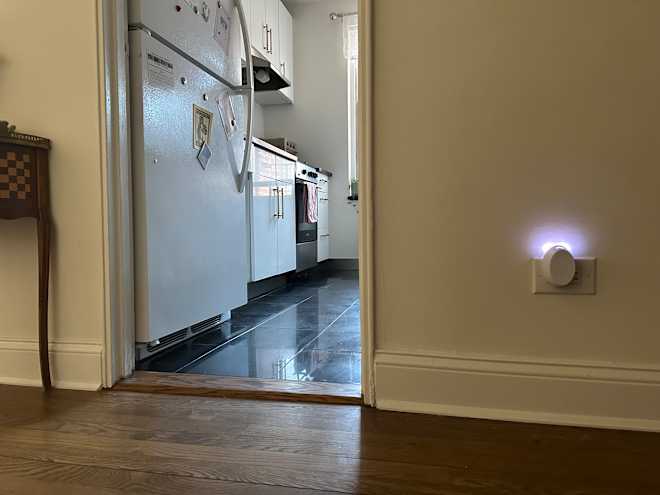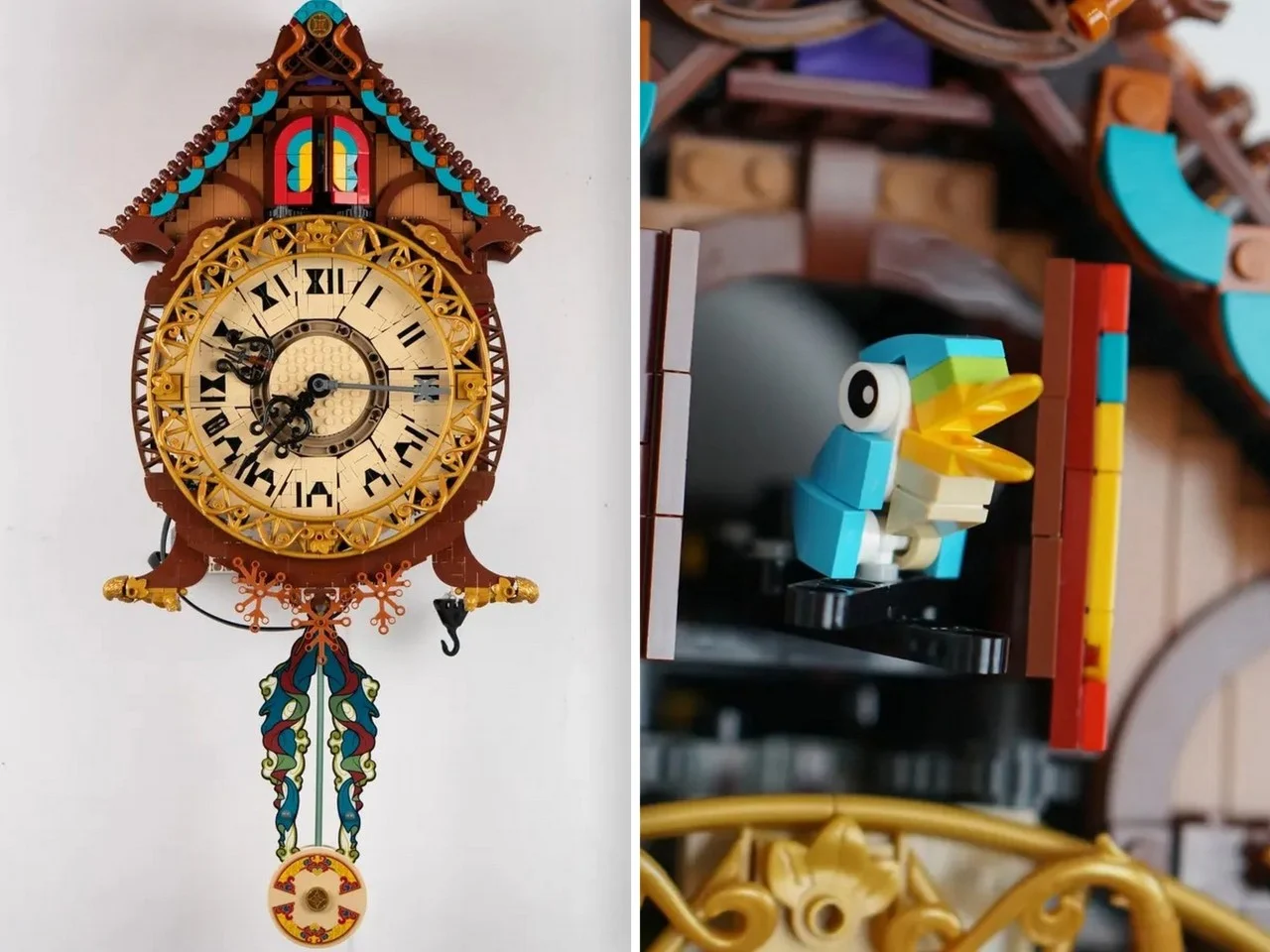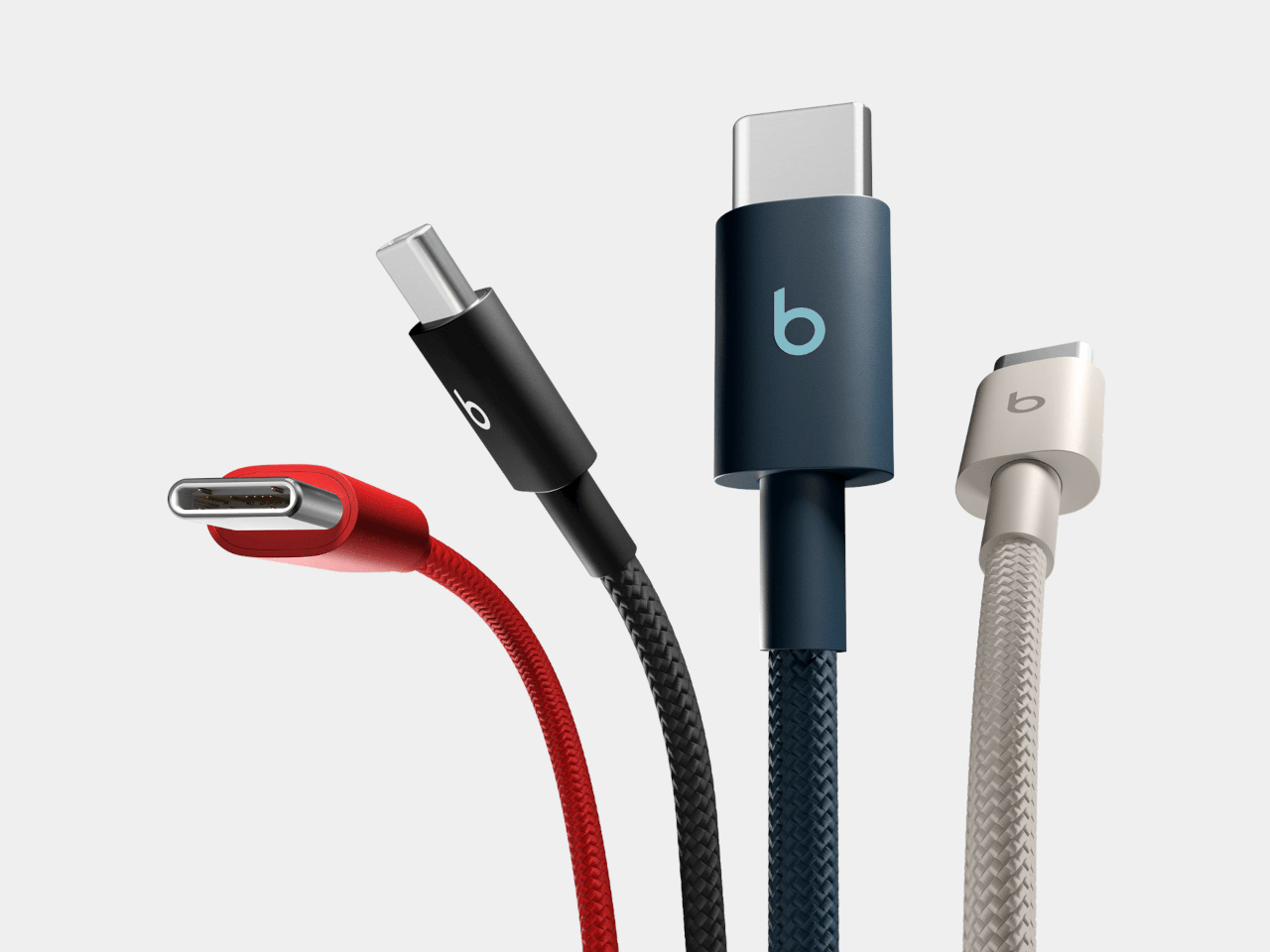The Future of Smart Contracts: How AI Can Make Them Smarter
AI-powered smart contracts are set to redefine the possibilities of decentralized technology. With adaptability, foresight, and self-improving mechanisms, they can eliminate inefficiencies, reduce fraud, and bring smarter automation to every industry.
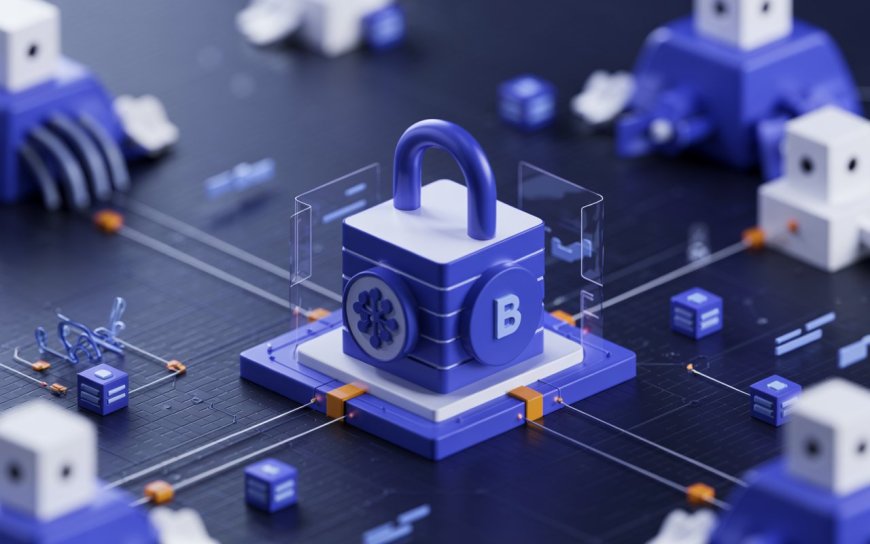
Smart contracts have been one of the most transformative innovations in the blockchain space. They allow for automated, trustless agreements that execute when predefined conditions are met—no intermediaries, no delays. But as powerful as they are, smart contracts still have limitations.
Enter Artificial Intelligence (AI). The integration of AI into smart contracts is shaping the future of decentralized applications and blockchain-based ecosystems. This fusion is not just an upgrade—it's a leap forward. When combined, AI and blockchain can create intelligent, adaptable, and even predictive systems that go far beyond simple logic execution.
Understanding Smart Contracts Today
Smart contracts operate based on if-then logic. If X condition is met, then Y action is performed. They are stored on a blockchain, making them immutable and transparent. This approach works well for many use cases, from financial transactions to supply chain tracking.
However, current smart contracts are:
-
Static: Once deployed, their logic doesn't adapt to changing conditions.
-
Limited in Decision-Making: They can't interpret complex data inputs.
-
Dependent on Oracles: For external data, they rely on oracles, which can be vulnerable or limited.
That’s where AI comes in—to add intelligence, adaptability, and improved decision-making to these digital agreements.
How AI Enhances Smart Contracts
Let’s explore several ways AI can improve smart contracts:
1. Dynamic Contract Behavior
AI enables smart contracts to move beyond fixed logic. Through machine learning models, smart contracts can evolve based on historical data, behavior patterns, or predictive analytics. For example, an insurance contract can adjust premiums dynamically based on AI-assessed risk levels, rather than fixed thresholds.
This kind of adaptability requires both strong AI capabilities and a robust, secure blockchain backend—something that a skilled Artificial Intelligence Software Development team can help implement in conjunction with blockchain experts.
2. Improved Data Interpretation
Smart contracts struggle with unstructured data. AI excels at analyzing vast datasets, images, videos, and even natural language text. Imagine a legal contract that understands and reacts to changes in regulations, or a loan contract that scans a user’s financial history to adjust interest rates accordingly.
AI-integrated smart contracts can parse, interpret, and act upon diverse and complex data sources, making them significantly more versatile.
3. Fraud Detection and Risk Assessment
AI is already widely used in fraud detection across industries like banking and e-commerce. Bringing this ability to smart contracts creates self-monitoring agreements. These contracts can flag suspicious behavior or halt execution if they detect anomalies.
For example, in a decentralized finance (DeFi) platform, a smart contract could use an AI model to identify wash trading or other manipulative behaviors before executing a token swap.
This requires close collaboration between a Blockchain Software Development Company and AI specialists to ensure both security and functionality.
4. Enhanced Oracles and Trustworthy Data Inputs
Oracles are the bridge between smart contracts and the outside world, feeding in data such as asset prices, weather updates, or supply chain information. AI can act as a more reliable oracle by cross-referencing multiple data sources, detecting inconsistencies, and validating information in real time.
This drastically reduces the risk of a contract acting on faulty or manipulated data—a known vulnerability in current smart contract systems.
5. Predictive Capabilities
AI empowers smart contracts to forecast outcomes and act accordingly. In logistics, a smart contract could predict delays and preemptively trigger penalty clauses. In finance, it could evaluate a borrower's behavior patterns and adjust collateral requirements before a default occurs.
Predictive contracts are not just reactive—they're proactive, reducing risk and increasing efficiency.
Real-World Use Cases: AI + Smart Contracts
Let’s take a look at a few real-world applications where AI-driven smart contracts are poised to make an impact:
-
Insurance Claims: Contracts can automatically assess damage (e.g., from uploaded images) and approve claims using AI analysis.
-
Healthcare: Smart contracts could adjust treatment plans based on AI-diagnosed changes in patient health, all stored on a private blockchain.
-
Energy Trading: Contracts could optimize energy consumption and automatically trigger buying or selling based on AI forecasts of demand.
Companies offering Artificial Intelligence Software Development are already collaborating with blockchain providers to bring such solutions to market. Together, they’re creating ecosystems where contracts are not just digital but intelligent and autonomous.
Challenges and Considerations
While the combination of AI and smart contracts is promising, it’s not without hurdles:
-
Complexity: Building such systems requires expertise in both AI modeling and blockchain development.
-
Transparency vs. Privacy: AI often requires large datasets. Ensuring privacy while maintaining transparency on a public ledger is tricky.
-
Computational Costs: Running AI models on-chain is expensive and may not be feasible yet. Hybrid models—where AI runs off-chain but influences on-chain contracts—are more practical for now.
This is why choosing the right Blockchain Software Development Company is crucial. They must be capable of building scalable blockchain architectures that can interface efficiently with AI systems, whether on-chain or off-chain.
The Path Forward
The next generation of smart contracts won’t just be automated—they’ll be intelligent. They’ll learn, adapt, predict, and negotiate. This evolution requires the merging of two powerful technologies: AI and blockchain.
The future of smart contracts lies not just in executing logic, but in understanding context. It lies in evolving beyond static rules to intelligent decision-making.
Startups, enterprises, and governments exploring this space need to work with both AI and blockchain specialists. Whether it’s partnering with an Artificial Intelligence Software Development firm to train models, or hiring a Blockchain Software Development Company to integrate smart contracts with secure chains, the collaborative approach is key.
Final Thoughts
AI-powered smart contracts are set to redefine the possibilities of decentralized technology. With adaptability, foresight, and self-improving mechanisms, they can eliminate inefficiencies, reduce fraud, and bring smarter automation to every industry.
We’re only scratching the surface of what’s possible. As AI continues to evolve, and blockchain becomes more scalable, their convergence will drive a new wave of innovation—where contracts don’t just execute, they think.







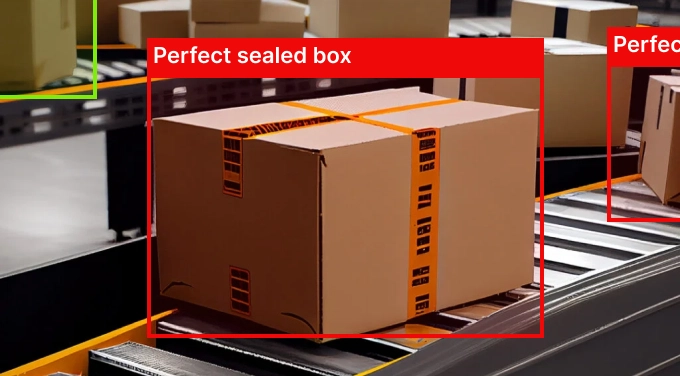
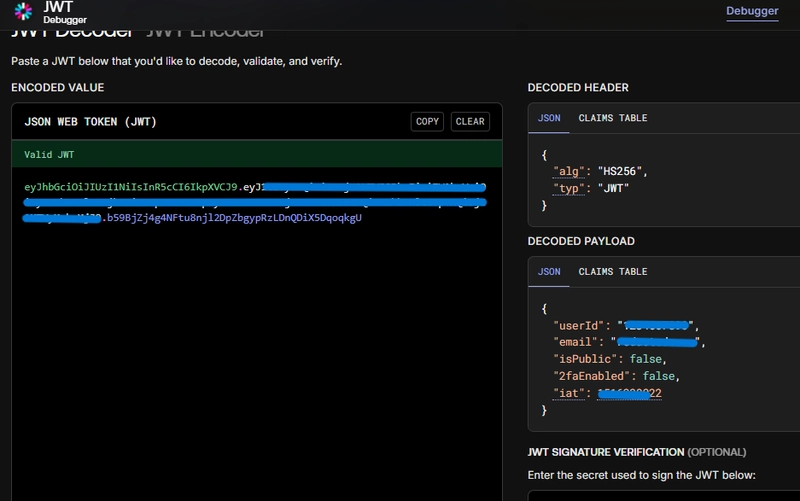








.webp?#)




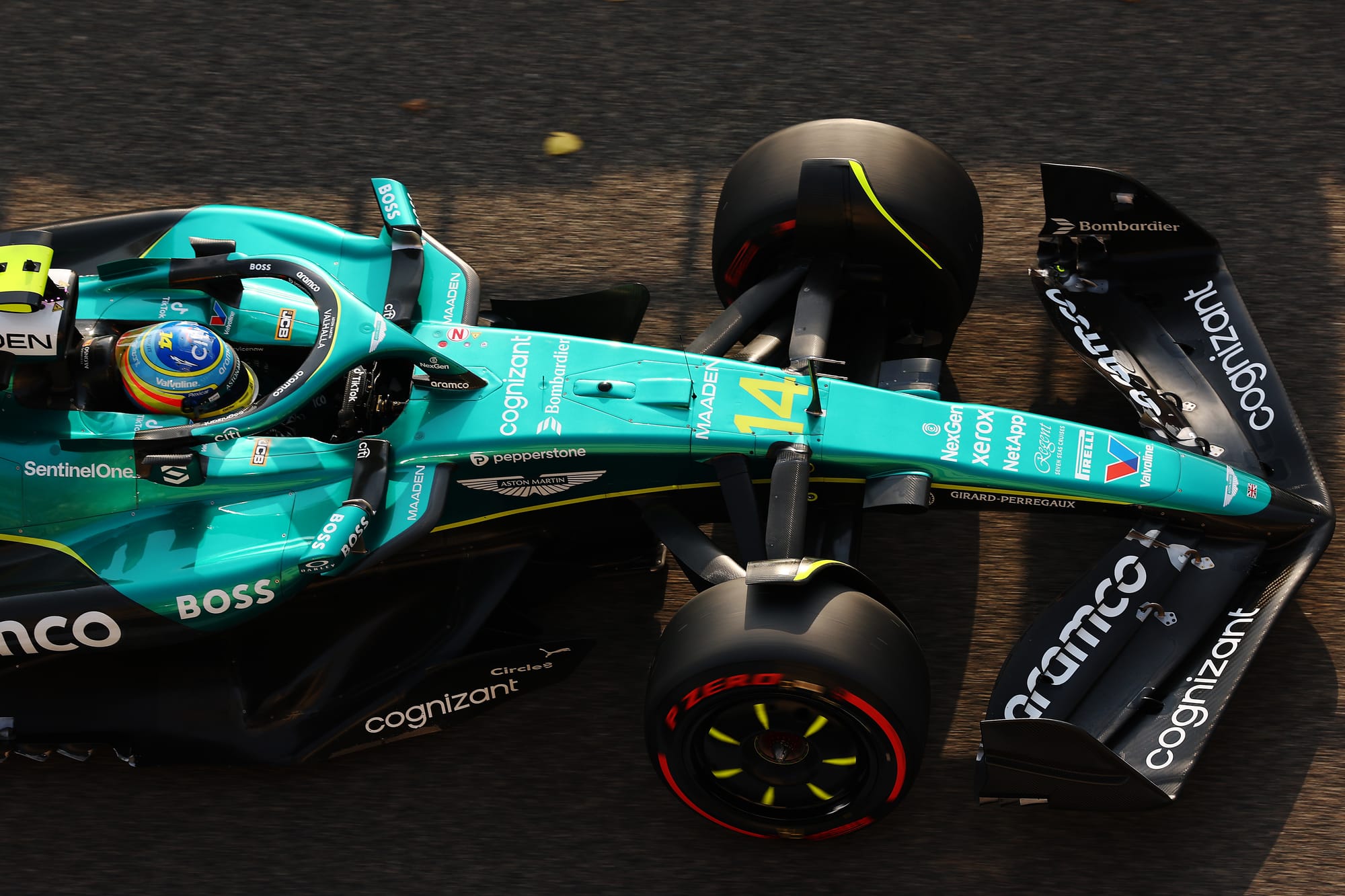
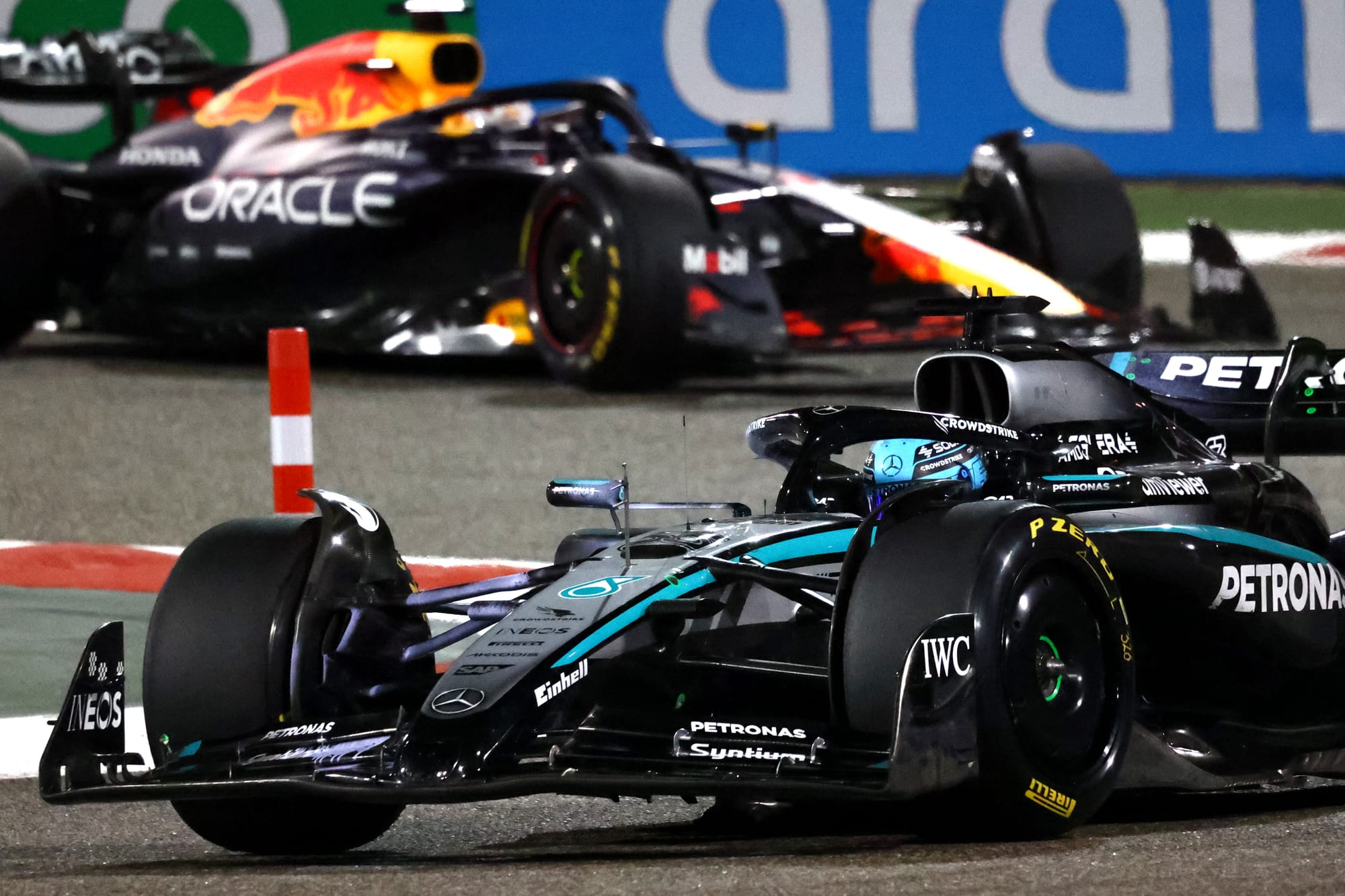



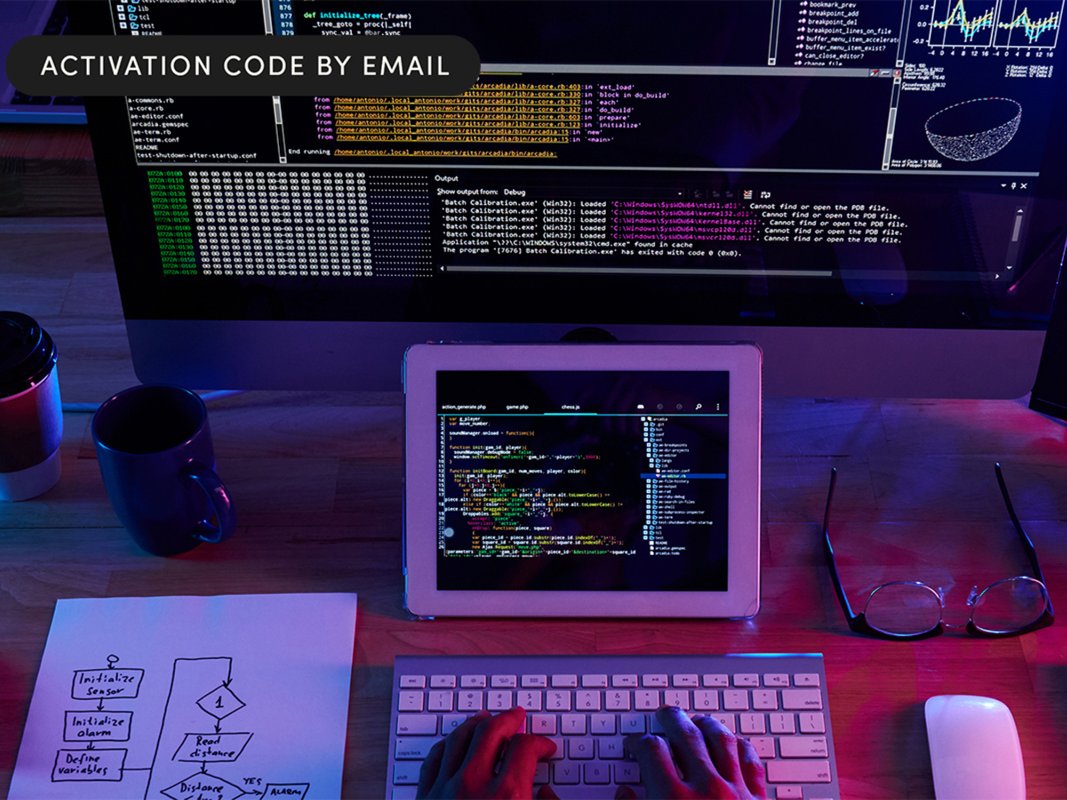





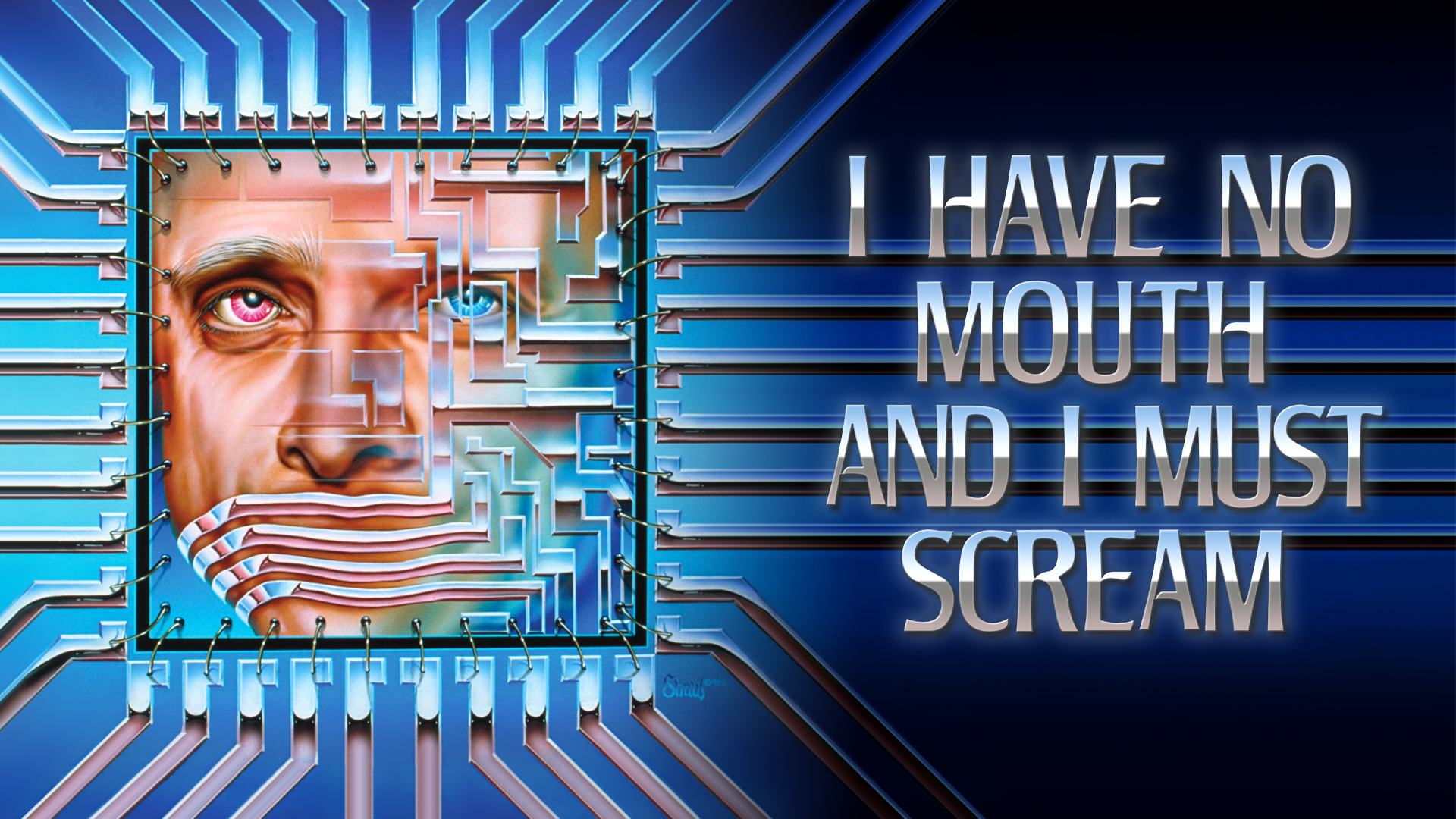


/https://tf-cmsv2-smithsonianmag-media.s3.amazonaws.com/filer_public/26/97/269791c1-1e8f-4c56-aa41-0e1a0860a76f/14356348121_50476dffd1_o_web.jpg?#)
















